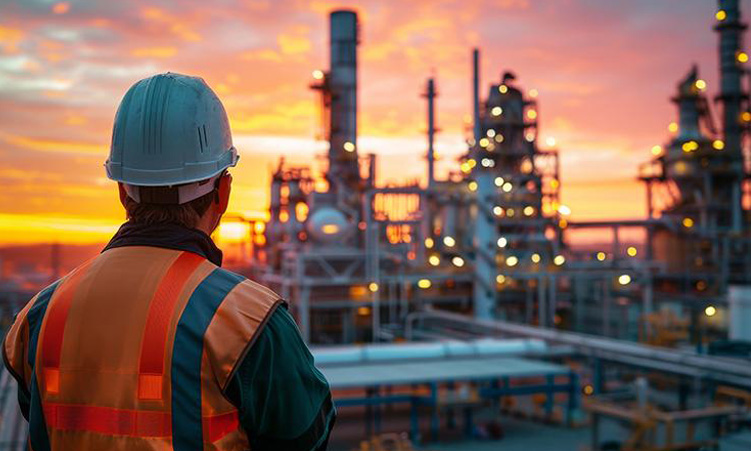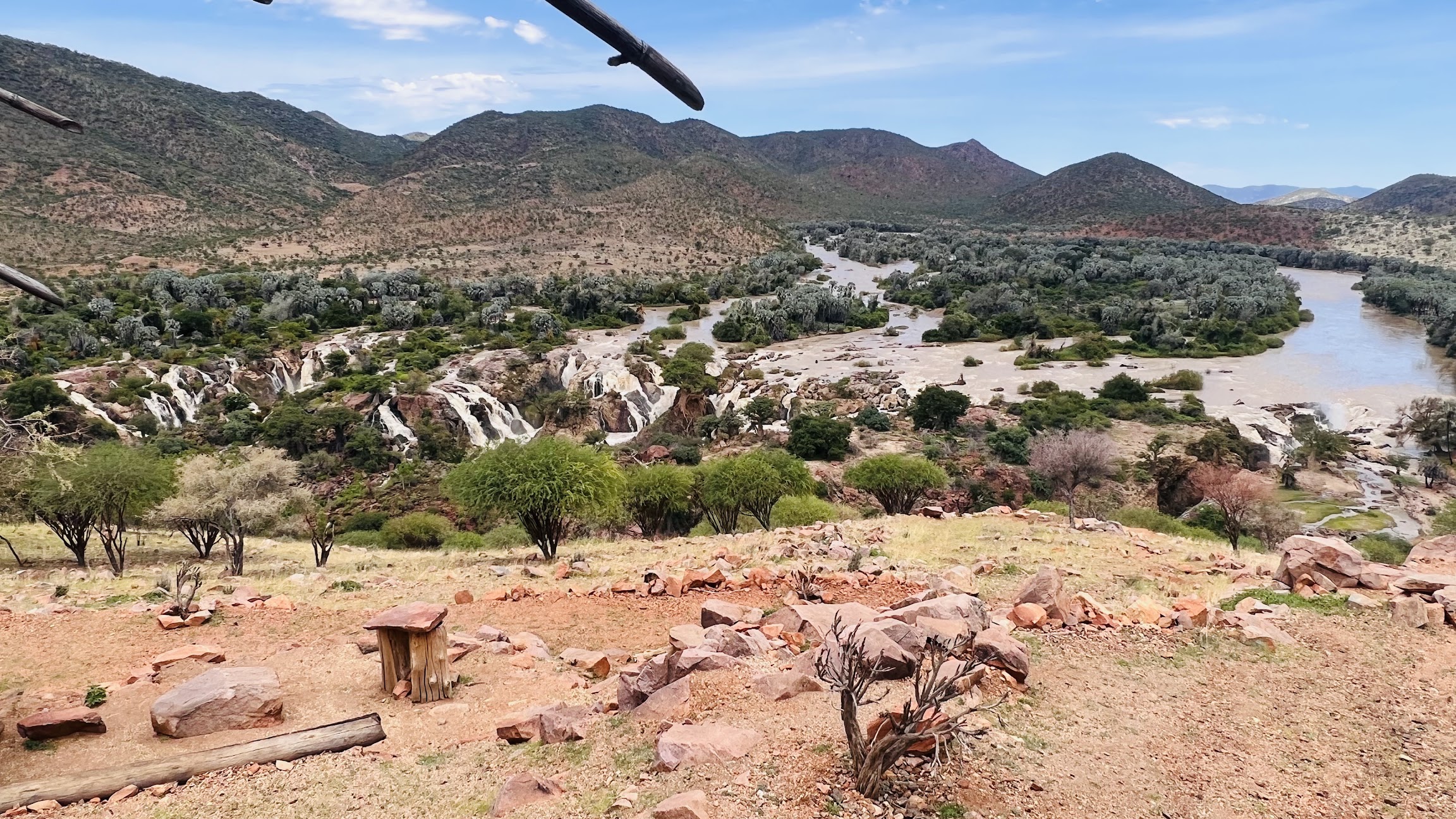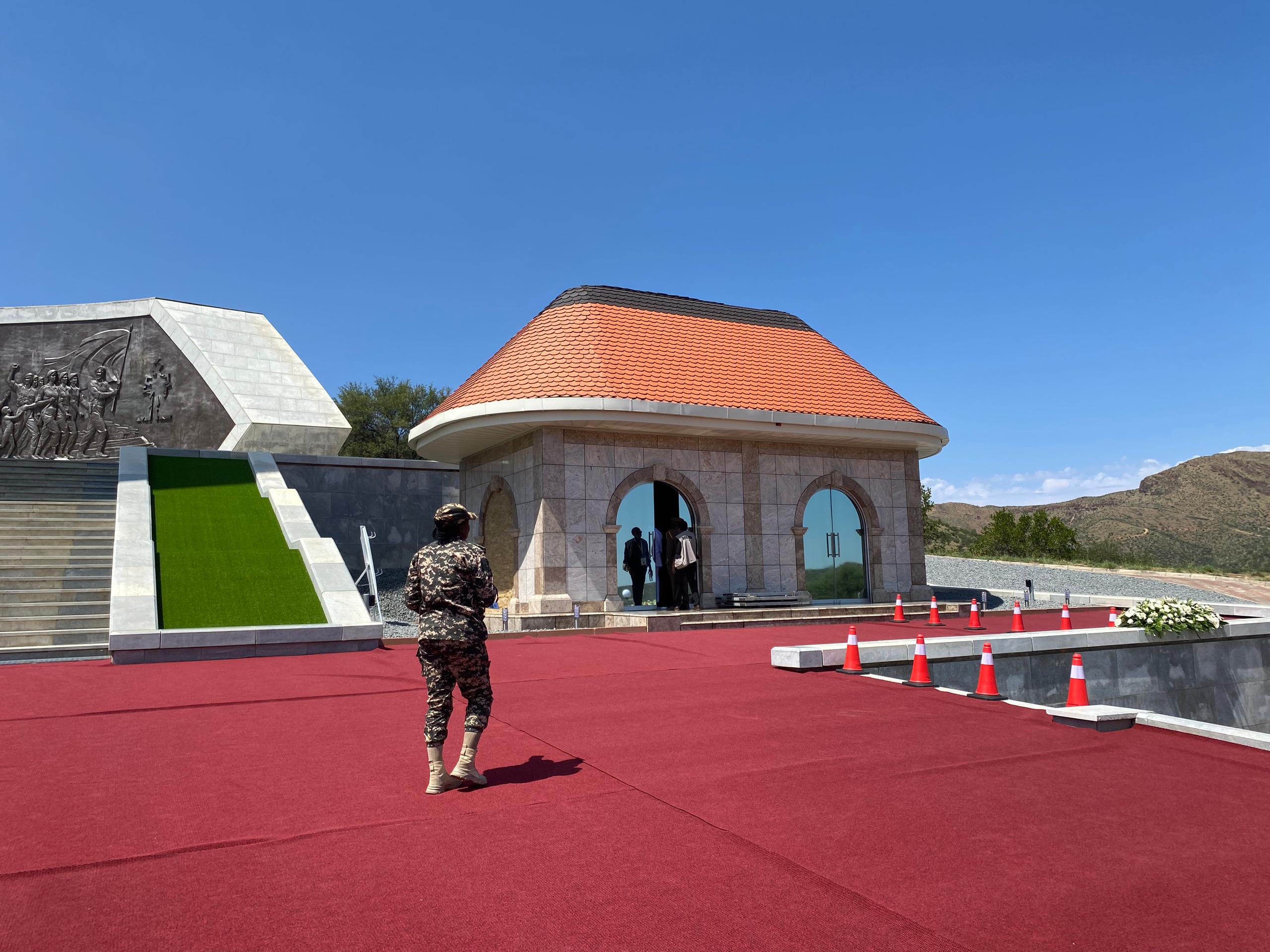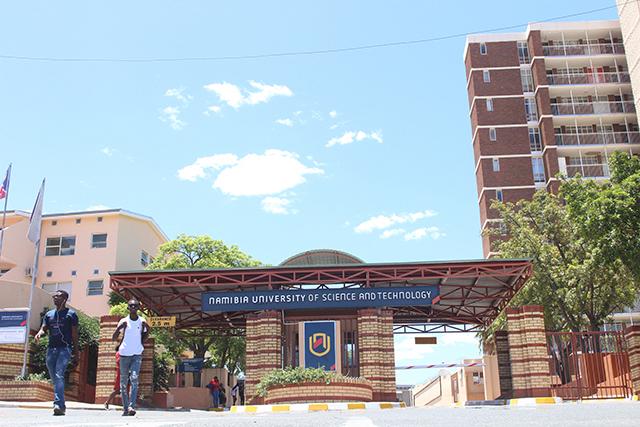Minister of mines and energy Tom Alweendo says Africa has an urgent need for energy investment.
He calls on international stakeholders to prioritise financing and policy support to unlock the continent’s vast resources.
Alweendo was speaking at the 2024 Africa Energy Week in Cape Town last month.
He highlighted the challenges and opportunities Africa faces in addressing energy poverty and advancing sustainability.
“Africa’s vast natural resources place us in an advantageous position, not only to decisively deal with energy poverty, but also to play a critical role in global energy markets,” Alweendo said.
He pointed to the US$193-billion renewable energy investment opportunity in sub-Saharan Africa and emphasised the potential of solar, wind, and green hydrogen energy for the continent.
Alweendo said Africa’s energy wealth holds 7% of the world’s oil reserves and 7.5% of natural gas reserves.
He said while these reserves make Africa a major player in fossil fuel markets, the continent’s gas reserves are particularly valuable as a transitional fuel to cleaner energy.
“Africa also holds substantial reserves of critical minerals necessary for renewable energy technologies, with the Democratic Republic of Congo (DRC) controlling over 60% of global cobalt production.
“Several southern African countries also have lithium and copper, which are essential for electric vehicle batteries and solar panels,” he said.
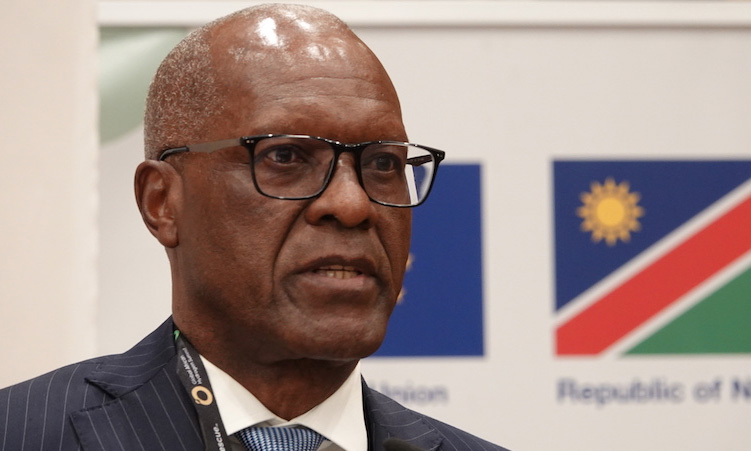
Alweendo warned that underinvestment in Africa’s energy infrastructure remains a barrier to progress.
“To attract more investment, we need to have policies that are creative enough to incentivise the required investments. Unlike the global north that is able to provide fiscal incentives, we are unfortunately not able to do the same,” he said.
Alweendo said Africa’s reliance on external financing poses additional challenges, as only US$25 billion of clean energy investments flowed into Africa in recent years.
He criticised the stance of developed nations discouraging African fossil fuel development.
“The global north is cajoling Africa into embracing the energy transition, as if one can simply flip a switch.
They are even discouraging investment in natural gas, which is found in abundance on the continent,” he said.
Alweendo said this is not criticism of climate activists’ passion, however, Africa should rather manage the effects of climate change while also addressing energy poverty by using all its natural resources.
“Capitalising on Africa’s natural gas resources is about more than just enhancing power capacity or addressing electricity shortages.
“It is a means of building industrial capacity and revitalising African economies, lifting people from poverty and energy scarcity,” he said.
Stay informed with The Namibian – your source for credible journalism. Get in-depth reporting and opinions for
only N$85 a month. Invest in journalism, invest in democracy –
Subscribe Now!



